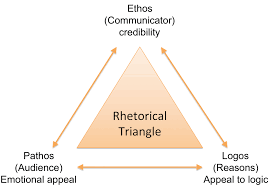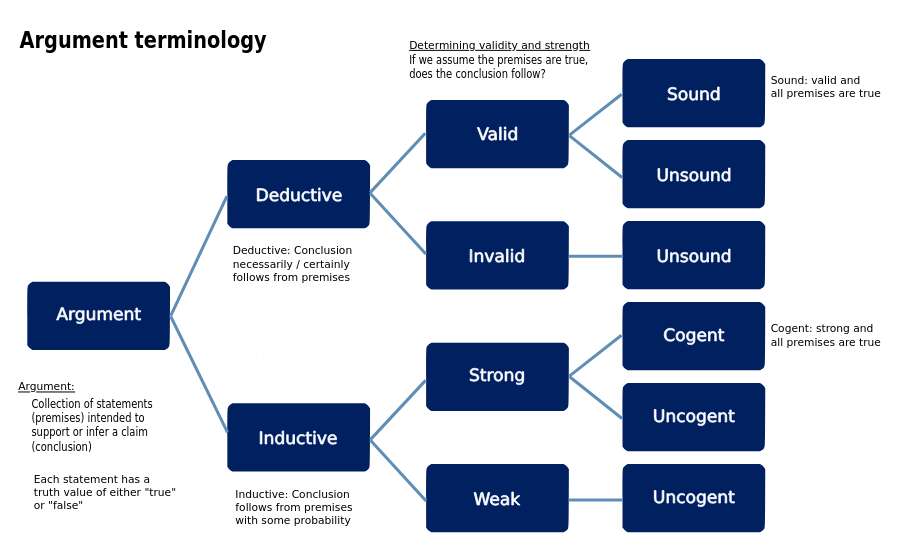In the pursuit of knowledge and effective communication, the Ancient Greeks recognised the indispensable value of the Trivium. Comprised of three essential components – Grammar, Rhetoric, and Logic – this powerful framework formed the cornerstone of education and personal development in ancient times. Today, we delve into the depths of the Trivium, exploring its significance and how each element contributes to the cultivation of high society.
Overview
The Trivium consists of three components: Grammar, Rhetoric, and Logic. According to the ancient Greeks, these aspects are crucial for participating in high society. Grammar involves reading and writing, necessary for understanding laws and maintaining order. Rhetoric is the art of persuasive speech, important for debates and social interactions. Logic focuses on valid reasoning and scientific thought, with roots in geometry and early philosophies.
Grammar: Building the Foundation of Understanding
At the core of the Trivium lies Grammar, which encompasses both reading and writing. By engaging with language, individuals come to terms with the world around them, defining objects and information perceived through their senses. The ability to utilise words is fundamental, enabling the creation and comprehension of laws essential for a just and orderly society. Grammar forms the bedrock upon which further learning and intellectual growth can flourish.

Rhetoric: Mastering the Art of Persuasion
In a time when the written word was not as prevalent, the ancient Greeks accorded great importance to the power of speech. Rhetoric, the art of expressing arguments to persuade or motivate others toward a proposition, was highly treasured. In the realm of high society, individuals who possessed the ability to express themselves eloquently in debates through intellect, actions, and metaphor thrived. These skills found their manifestation through theatrical performances, where the masks representing different emotions aided comprehension, even from a distance. Rhetoric empowered individuals to captivate and move audiences with their words.

Logic: Illuminating Truth through reasoning
The human capacity for reason has prevailed since prehistoric times, but it was through the study of logic that principles of valid reasoning, inference, and demonstration emerged. Logic laid the foundation for scientific thought as we know it today. Early fragments of proofs found in the works of Plato, Aristotle, Euclid of Alexandria, and Pythagoras provide evidence of the roots of logical analysis. Concepts of deductive systems were likely understood in the Pythagorean school and the Platonic Academy, with geometry serving as an initial catalyst. Logic enables us to explore the depths of knowledge by employing sound and structured reasoning.

THE
Conclusion
The Trivium, consisting of Grammar, Rhetoric, and Logic, has left an indelible mark on history and continues to shape our understanding of language and critical thinking. It serves as a reminder that mastery of these three components is essential not only for personal growth but also for active and meaningful participation in society. By honing our linguistic skills, perfecting the art of persuasion, and embracing logical reasoning, we unlock the doors to enlightenment and empower ourselves to navigate the complexities of the modern world. Let the Trivium be our guide on this splendid journey of self-discovery and intellectual prowess.
Carry on Learning
Discover more about SACRED GEOMETRY

Buddhism Symbol
What are the main Geometric Symbols of Buddhism? The symbols of Buddhism are shared amongst other religions of Asian countries, such as Hinduism and Jainism. Yet, most would probably see the Dharma Wheel with its meaning t be the central Buddhist symbol. In this article, we will introduce you to
Sacred Geometry Tattoo
Tattooing, as an art form, has been around for centuries. Tattoos were once used to protect the wearer while also symbolizing a spiritual connection with the gods. Tattoos are powerful, evocative, attractive, and mystical. We often have set ideas about the meanings behind symbols or designs, and we often resonate

Metaphysics
Metaphysics is a branch of philosophy that deals with the fundamental nature of reality, including the relationship between mind and matter, the nature of consciousness, the existence of free will, and the ultimate nature of the universe. It attempts to answer questions about the nature of reality that go beyond the physical and empirical realms of science.


